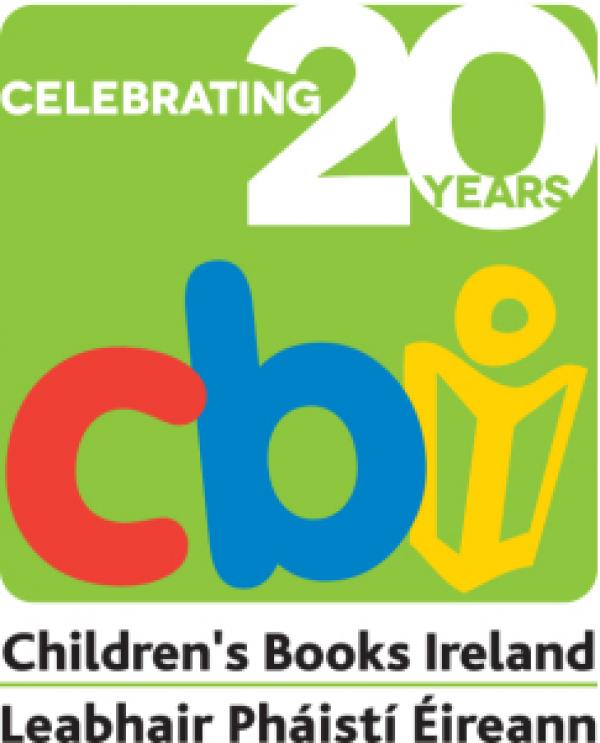The Governance Code in Action
Looking at media headlines this summer it’s clear that governance is a huge concern for institutions across all walks of life in Ireland. But as evidenced by those headlines good governance is a challenge for all kinds of organisations, no matter how well resourced, long established or respected they may be.
The challenge of governance for Ireland’s charity sector of course is particularly acute given that those who govern our charities are volunteers.
However, more and more charities, across every sector from arts to social care and environment to education, are facing up to this challenge, and choosing not only to meet the minimum standards under the law, but to engage with best practice through The Governance Code for community, voluntary and charitable organisations.
The Code is a voluntary roadmap that empowers organisations to make a proactive decision to develop their governance practice in line with the highest standards in the sector, to improve the effectiveness and ensure the sustainability of their governance structures into the future.
One such organisation that has engaged with the Code in recent years, is Children’s Books Ireland (CBI). CBI strives to make books central to every child’s life on the island of Ireland. They run a range of initiatives to achieve this vision, including an annual conference, Inis magazine, a national reading campaign and the Laureate na nÓg project (on behalf of the Arts Council). Elaina Ryan is the staff member who leads the organisation as Director. With an income of €434,000 last year and a small team of four full-time staff and a part-time project manager, managing the busy daily workload of a nationally focused organisation is always a challenge. Here, Elaina tells us why this arts organisation has also decided to take on the challenge of the Governance Code.
TW: What motivated Children’s Books Ireland to go on the Governance Code journey?
ER: There are a lot of great things about being a small organisation – the ability to be flexible, to make decisions quickly, to work effectively as a really strong core team. But one of the things we don’t have a lot of is time, and policy was definitely an area that was neglected, as it is in many smaller arts organisations. We’ve got a strong board of directors in place, a hardworking team and a programme of core activities that we are proud of, so it felt like the right time to look at how we could improve our governance and transparency, focus on getting policies in place that would provide clarity for staff, directors and stakeholders, and provide some training for me and for the board around areas like risk management and measuring impact.
TW: Did you feel that stakeholders were interested in your governance?
ER: CBI celebrates its twentieth birthday this year, and many of our members have been involved with us from the start, or indeed were founder members, so there’s a certain level of trust already established with that audience. However, CBI also works in partnership with many other organisations, both in the arts and in the corporate world, and we wanted to be able to show partners and funders, both new and long-standing, that we’re striving for best practice.
TW: What challenges have you met so far on that journey?
ER: Time to devote to working through the Governance Code Checklist has been the greatest challenge since we began the journey. It was clear from the outset that there was no point in ticking a box to say we’d completed an action unless we’d given real thought to it and revisited policies that might have been in existence but had become out of date or irrelevant since their adoption. We’re still working slowly through the Checklist, but I’d rather devote the time to getting it right than rush through it.
TW: What resources have you drawn on to help you on that journey?
ER: The templates provided by The Wheel were a great starting point. Seeing examples of another organisation’s policy in a particular area gave us a starting point from which we could edit and tailor, add and remove things as they were relevant to us. I’ve also sought out further resources on particular areas: a book called Corporate Governance for the Irish Arts Sector by Penelope Kenny (Chartered Accountants Ireland) gives a really good overview. I’ve always given directors of the organisation the Arts Council’s A Practical Guide for Board Members of Arts Organisations,and I’m now giving them the Charities Regulator’s recently published Guidance for Charity Trustees. The Clore Leadership Programme in the UK has also published a new document this summer entitled Governance in the arts and museums: a practical guide, which I think will be useful to draw on.
TW: What benefits has the organisation gained from engaging with the Governance Code?
ER: The Code has given us great focus as an organisation and an opportunity to assess our strengths and weaknesses in terms of all the areas of governance that the code covers. Our board was strong, and our strategic plan and implementation plans were robust, but there were, and still are, many areas in which we can improve. The board has focused over the last year on working towards a reserve, we have implemented a financial policy and procedures document and before the end of the year we will sign off on our risk management policy and revised board handbook. It has given me the impetus to step back from the day to day and to look at the organisation as a whole from the perspective of an outsider – a potential partner, perhaps. Certainly, it was an asset to be able to tell incoming directors that we were working on these areas; it showed them quickly and clearly that they’d be giving their time to an organisation that was taking its responsibilities seriously.
TW: What advice would you give to others thinking of heading down this road?
ER: I’d tell them what we were told on the first day of Bootcamp*: take the time to do it properly. We’re a year in and might have another year or more to go before we can tick all the boxes in the checklist, but it’s totally pointless to see the list as a checkbox exercise. This is an opportunity to move away from the way things have always been done and look at how they should be done.
Many thanks to Elaina for taking the time to share her experiences with other members. If you have queries on any aspect of your organisation’s governance, please do get in touch.
*CBI took part in the first Governance Code Bootcamp programme from The Wheel. You can find out more about that programme here.


